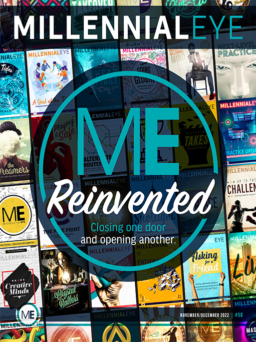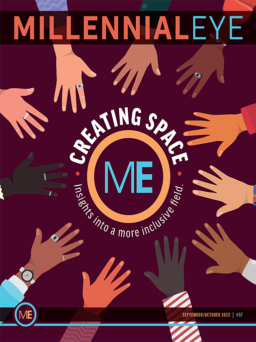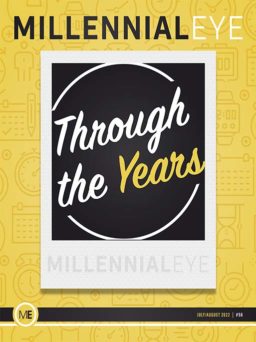Spend a bit of time in ophthalmology, particularly with residents and fellows, and it quickly becomes clear that one of the most well-respected educators in the field is Thomas Oetting, MD, of the University of Iowa. In articles to social media posts, the word mentor can frequently be found tied to his name. Dr. Oetting sat down with Gary Wörtz, MD, on Ophthalmology off the Grid to discuss his views on mentorship and his advice for the next generation of ophthalmologists. Below is a sampling of our favorite excerpts. The full episode can be found here.
—Callan Navitsky, Editor-in-Chief
ON BEING A GOOD MENTOR
Thomas Oetting, MD: To be a good mentor, you have to give darn. You have to care about your mentee. Secondly, you must have connections—some valuable leads or resources that you can share with your mentee. That is an important combination.
With mentoring, it is important to develop relationships when the seas are calm, not just when times are crazy. Sometimes, you may run into a complicated case or a problem with a coworker; it is hard to suddenly call someone who could be of value if you haven’t already developed a relationship with that person. And this is something we all have to work on. I have mentors myself, even though I’ve been in the business 25 years and I’ve got a lot of gray hair. There are a lot of people whom I look up to and whom I turn to for advice.
ON BUILDING A CULTURE OF MENTORSHIP
Dr. Oetting: Some programs have a formal system for mentoring, where first-year residents are assigned mentors. Our program tends not to have formal mentors; instead, people develop these relationships with time. The important thing is to try to get people connected in various ways so that those informal mentoring relationships can start.
Within our program, some of the most important mentoring relationships are between more senior residents and more junior residents. A lot of times, these relationships form during social activities that take place in times of lower stress. When the going gets tough, you don’t want to then start trying to develop relationships. For example, if somebody has an illness and you have to cover a call, those types of issues are more easily managed if you have tight relationships within the organization. We try to focus as best we can on developing those relationships.
ON THE SELECTION PROCESS
Dr. Oetting: Programs receive around 400 or 500 applications, and most have only five or six available spots. But not every program is right for every person. We certainly encounter people who we don’t think would fit, and they don’t think they would fit either; it’s often mutually exclusive. What we try to do is look for integrity and passion. We look for a desire to take care of patients and for people who have shown aptitude in that area. Maybe they have past examples of dedication or have done service work in their community or church—this gives us a sense that they’ve improved the places where they’ve been. If we bring in people who make our place better, then Iowa will continue to get better.
ON BEING THE CAPTAIN
Dr. Oetting: One of the hard things about medical education in general is that it entails these seemingly scripted courses. We go to undergrad and then medical school, all going through the motions to get to residency. When we get to residency, we follow an externally motivated course of study. By the end, a lot of people have lost the ability to motivate themselves. With our training system, there is a tendency for students to think, “Is anybody detecting my gaps? If they have detected my gaps, I’d better be careful.” Instead, they should be thinking, “What are the gaps in my education? How can I make myself better?”
It is important for us all to be captains of our educational ships. If there is something that you don’t know how to do, be proactive about trying to learn it, rather than worrying what your professors think. For example, I don’t care how someone learns about multifocal choroiditis; I just want them to learn about it. Whether you come to a lecture and listen to our faculty or sleep in and learn it at night, what matters is that you know how to take care of patients with that problem. I’m not suggesting we remove all structured training, but instead introduce this idea of being an educational captain. If we promote that concept, we will help develop more people who are innovative and who think differently and in exciting new ways.






